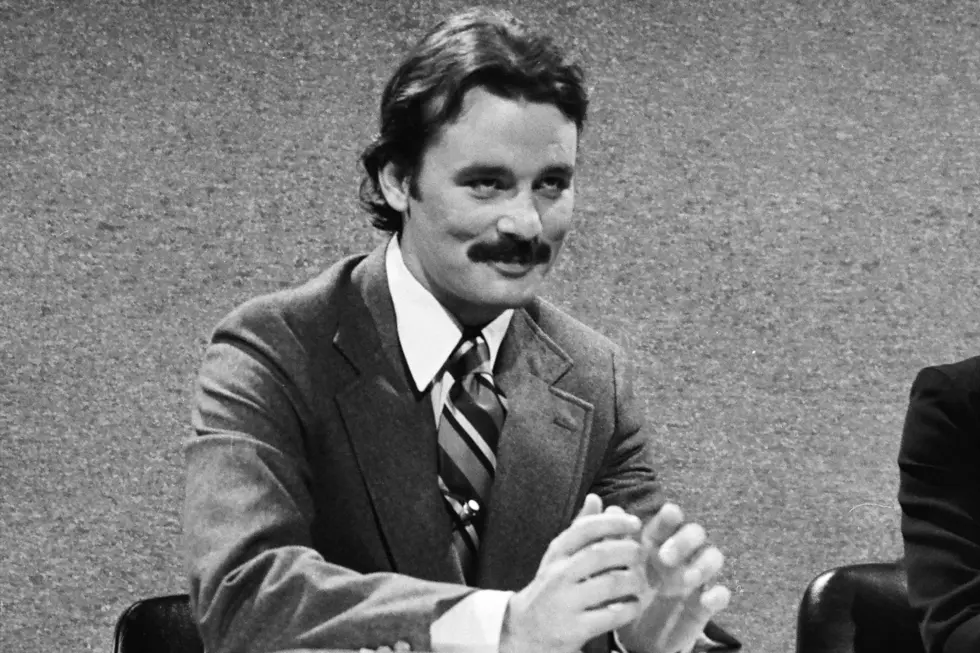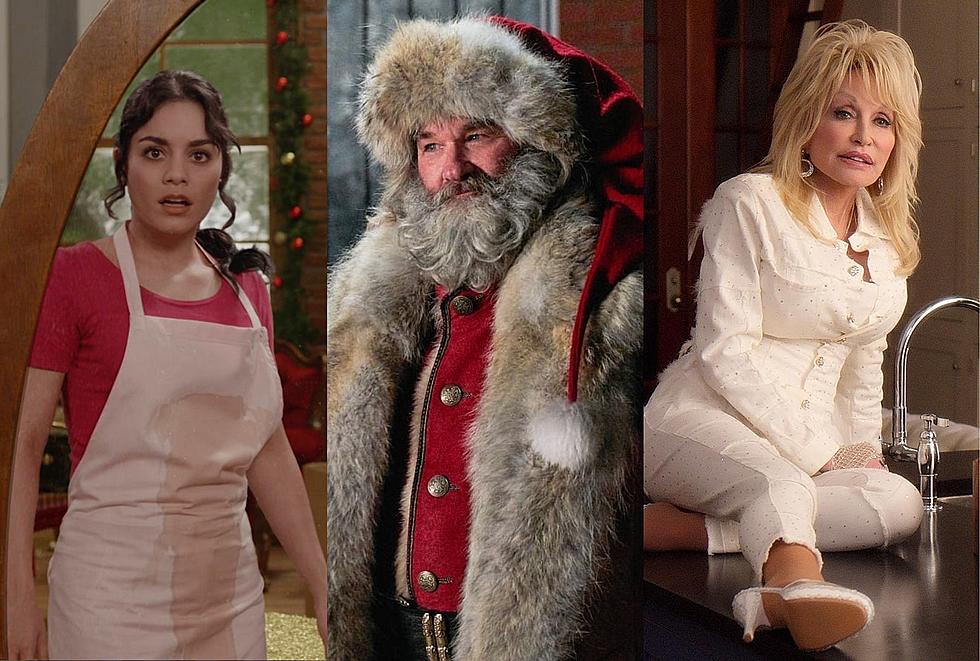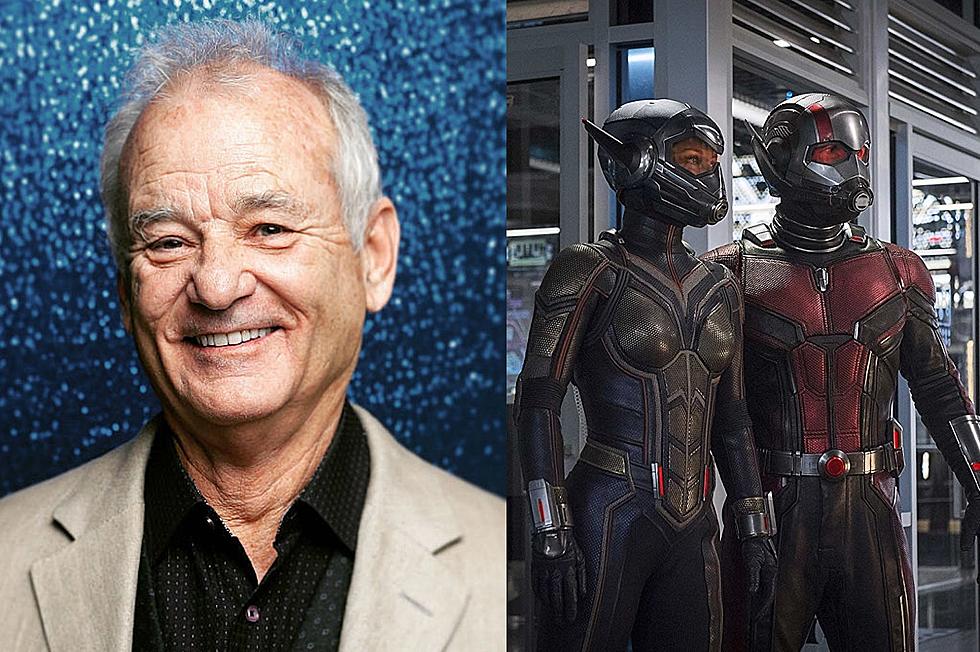
45 Years Ago: Bill Murray Makes His Uncomfortable ‘SNL’ Debut
It’s never easy to replace a star. The worlds of sports, broadcasting and television are littered with stories of talented individuals who succeeded legends, only to fail.
The cards were stacked against Bill Murray Jan. 15, 1977, when he debuted on Saturday Night Live. Then just 26 years old, he was replacing Chevy Chase. SNL’s first star had departed the series to pursue a film career.
Though the cast still included talent such as John Belushi, Jane Curtin and Dan Aykroyd, Murray was the new guy. The pressure was on him to fill the show’s Chase-sized hole, and initial results were not encouraging.
“I remember my very first show. I had a sketch that was a little tricky to do, a telephone sketch,” Murray later recalled in the book Live From New York: The Complete Uncensored History of Saturday Night Live. “They were making me up for the first time and they were trying to make me look old and — well, you don’t feel really comfortable the first time they make you look old. There was like a committee of people going, ‘Maybe if you put some gray in his temples,’ and you’re thinking, ‘Oh my God, we’re going to be in trouble out here.’”
Murray was still adjusting to his role, and arguments over costumes and makeup didn’t make things any more comfortable: “My confidence sort of dropped, because I thought, ‘This isn’t really helping me.’”
Though he was still finding his place, Murray got through his first few shows relatively unscathed.
“I did three shows and they were on a look-see basis. I think they hired me for three shows. And I remember just walking out onto the street after the first show and Lorne said, ‘I guess you’re going to be moving to New York,’” Murray said in Live From New York. “And it felt great, you know. It felt really good. And so I thought, ‘This is great, I did it.’ But then I didn’t get any sketches for weeks after that. That’s when I became the second cop. Most of the rest of the year I played the ‘second cop’ in sketches.”
Sensing that he was fading into the background, Murray decided to make an appeal to viewers.
“I’d really been there a pretty long time, and they were sort of stuck with me. I was there, they’d sort of hired me, I was getting paid, but I was playing that second cop every week. You sort of have to break through, be noticed by the audience. They have to understand you a little bit, see a little bit of who you are, but as the second cop you don’t really get those opportunities,” Murray explained.
So, on his sixth episode as a cast member, roughly two months after his debut, Murray looked directly into the camera and apologized for not being funny.
Watch Bill Murray's Apology on 'Saturday Night Live'
“Hello, I’m Bill Murray. You can call me Billy. But around here, everybody just calls me the ‘new guy,” he began. “I’m a little bit concerned. I don’t think I’m making it on the show. I’m a funny guy, but I haven’t been so funny on the show. My friends say, ‘How come they’re giving you all those parts that aren’t funny?’ Well, it’s not the material, it’s me.”
Murray then told everyone his story, of growing up in an Irish-Catholic family, one of nine children, living in a small Illinois town, losing his father at the age of 17 – all of which, it should be noted, was true. More importantly, it was funny.
“I did this thing, I wrote the thing, and it was kind of funny, and I wasn’t too full of myself or anything. There was a couple tablespoons of humility in it, I got laughs in it, and I think the combination of the two broke some sort of ice, not just for me but for people watching, and they thought, ‘Well, okay, he’s going to be funny. He made us laugh with that sort of “I’m dying here’ thing” — which I’ve seen people do and die at. You know, I’ve seen people make that move before and fail, so the fact that I made that move and it was funny sort of took the pressure off.”
Rock's 60 Biggest 'Saturday Night Live' Performances
Did SNL Finally Confirm the Fifth Beatle?
More From KMGWFM










